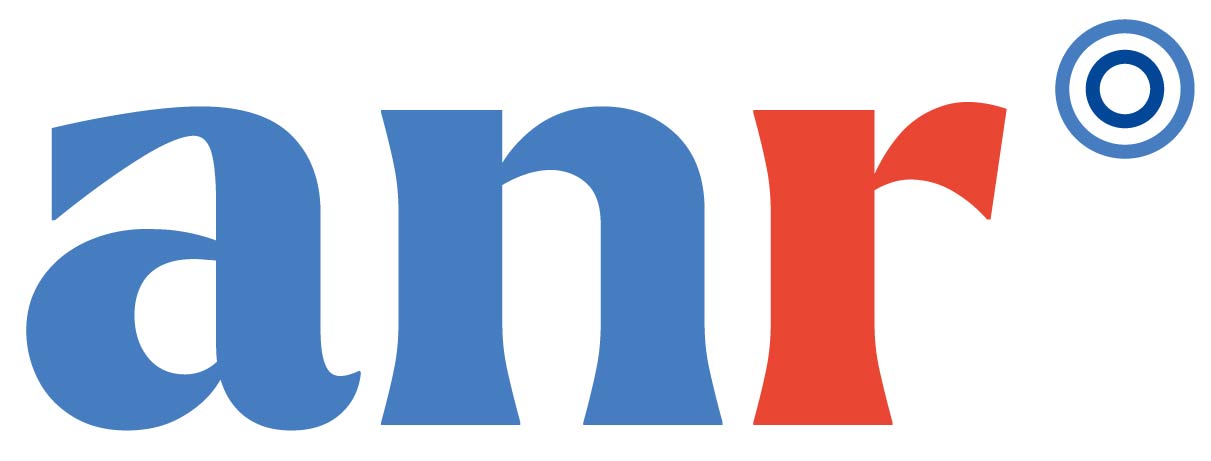Project MuFFin
Funding
-
Project ID: ANR-17-CE10-0002
-
ANR Programme: Stimuler le renouveau industriel (DS03) 2017.

Description
MuFFin aims at contributing a unified pipeline for the efficient and scalable synthesis, visualization, and modeling of additively manufactured microstructures with tailored macroscopic physical behavior. In an interdisciplinary effort, MuFFin will blend together computer and material science perspectives to deliver an integrated approach that is both computationally and physically sound.
Additive Manufacturing (AM) technologies are now capable of fabricating microstructures at the scale of microns, therefore enabling to precise control of the macroscopic physical behavior. This control empowers a wide range of industrial applications by bringing high-performance customized materials. In particular, a promising venue lies in the optimization of material properties such as rigidity or impact absorption.
Microstructures for AM will play a decisive role in the factory of the future, but several challenges remain aside. The dimension of the objects being printed increases, and concurrently, the available printing resolution becomes finer. Thus, the geometry size of microstructures is drastically escalating. From a computational viewpoint, explicitly storing the microstructure geometry (e.g in an STL file), will eventually render infeasible the whole computational pipeline (numerical simulation, visualization, and computational design of microstructures). From a material science viewpoint, it remains a challenge to properly embed and grade microstructures within an object, and to ensure that they can be directly fabricated with AM processes.
State of the art methods consider periodic microstructures, offering compact storage, efficient display, and simulation of the macroscopic physical behavior. However, due to their constrained global structure, periodic microstructures exhibit a poor grading behavior, specially when targeting anisotropic material properties that follow an arbitrary orientation field.
MuFFin seeks to answer the aforementioned interdisciplinary challenges by considering procedural, stochastic, and fabricable microstructures, with a controlled macroscopic physical behavior. Thanks to its procedural formulation, MuFFin will computationally scale with future technologies. As a result of its stochastic nature MuFFin will afford for free grading and embedding of microstructures into objects, hence avoiding the limitations imposed by periodic structures.
Project coordinator
Participants
- Semyon Efremov
- Sylvain Lefebvre